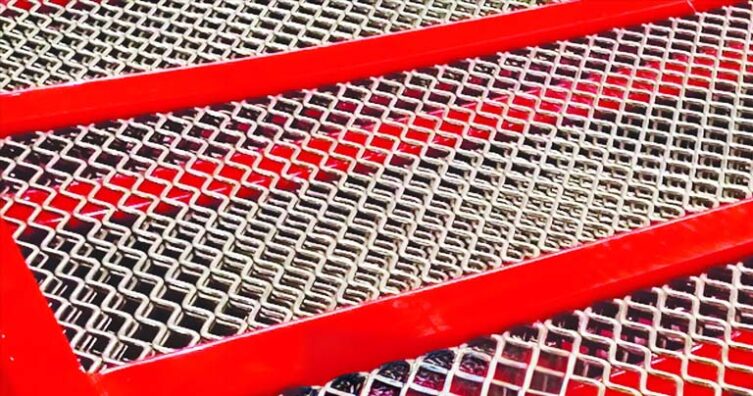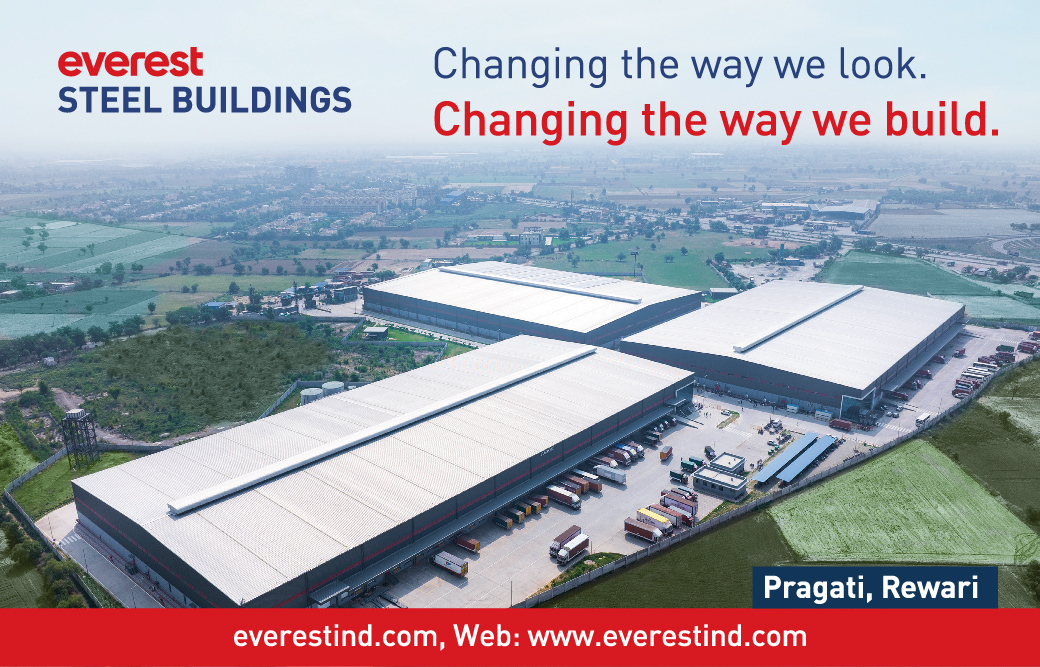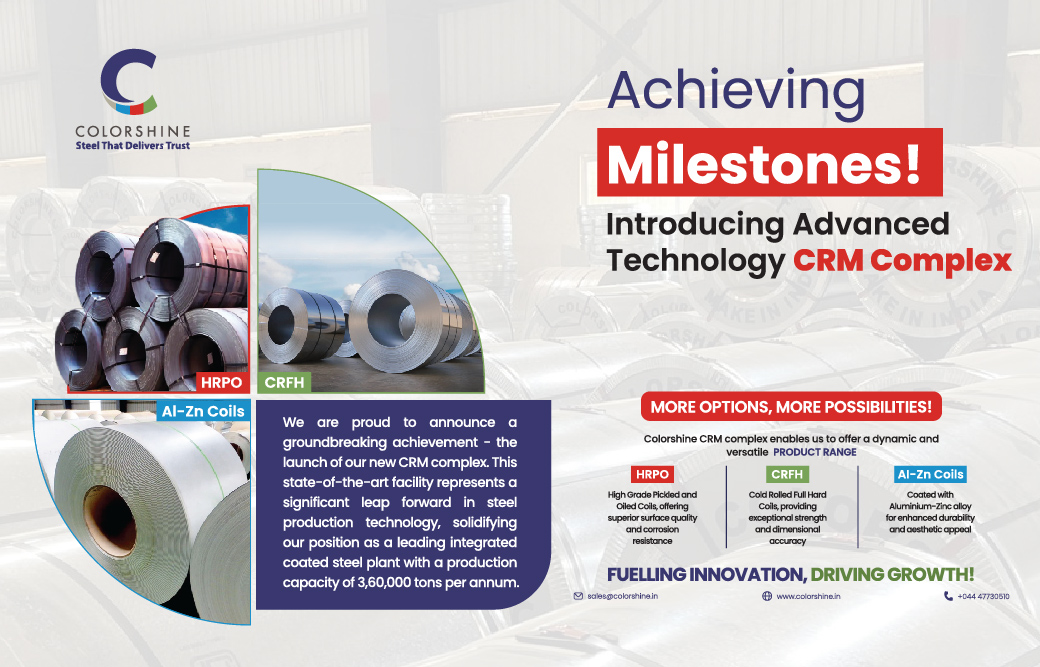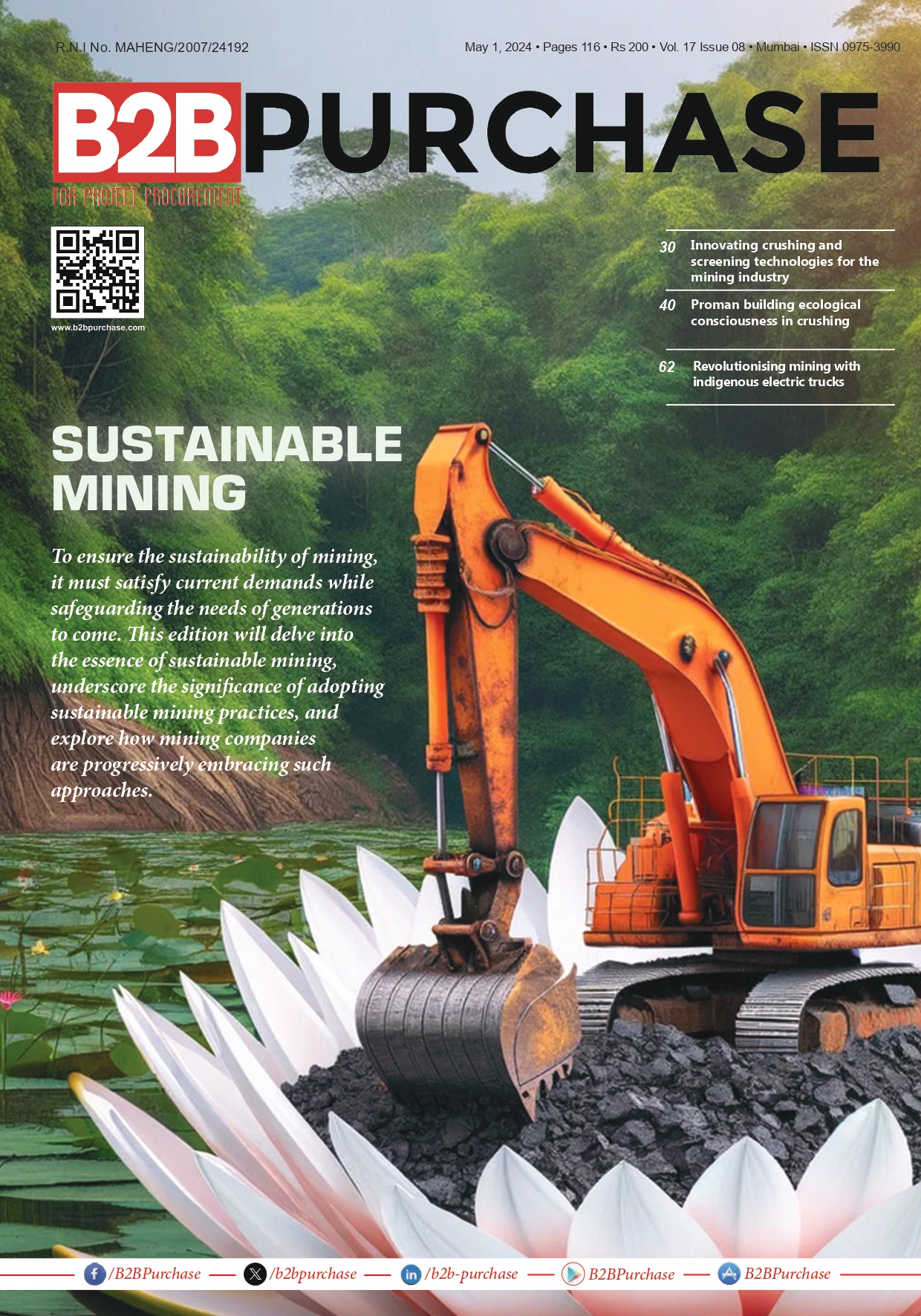Screens play a vital role in the crushing and screening circuit of construction projects in India. From primary screening to wet screening, and flip-flop screens, this article discusses the importance of different types of screens, including anti-clogging screens, to ensure maximum efficiency in the plant. Read on to learn more.
Using screens, including wire mesh screens known as Jaali, has been a traditional practice in India for generations. However, screens are often the most critical yet overlooked components of any crushing and screening process. Choosing the right screens is crucial in ensuring that the correct products are delivered to the relevant industries. This article highlights the significance of various types of screens in India’s crushing and screening industry.
The Right Screening Media
Different minerals require different types of screening media. Therefore, it is important to audit the entire plant, study the complete flow sheet, and suggest the right media type to use. While most screens come fitted with wire mesh, premium screening media are often expensive. Suppliers can ensure that customers get the most suitable screening media to achieve maximum efficiency in the plant.
Primary Screening Application
When the material hits the primary screen, it is important to consider the impact that the material will have on the screening media. Rocks, for example, can be enormous in structure and can break the mesh or wear it off much faster. With the help of technology, special rubber screens are now available that can last up to six months or more than a year. These rubber screens take the impact and reduce noise pollution and keep dust generation in check, making the crushing and equipment circuits more environmentally friendly.
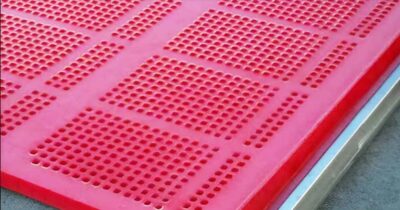
Metallic Screening Media
As we move towards the circuit, we use metallic screening media where the impact would not be as heavy as the primary screen. Normal screening mesh wire media is recommended for these metallic screens, as they are not as expensive as other types of screening media.
Anti-Clogging Screens
Anti-clogging screens are a gamechanger for the industry. Ashar Locker Group Australia was the first in the world to develop these anticlogging screens. These screens have separate wires that are not interconnected with each other. This design reduces the tendency to clog the deck and gives a precise cut. Anticlogging screens are a big boon for the industry, as they screen precisely and reduce the wear on a crusher. By reducing the recirculation load on crushers, these screens help to lower operational costs and reduce fuel charges.
Wet Screening and Flip Flop Screens
The wet screening part of the circuit consists mostly of polyurethane meshes used in dewatering or classification circuits. While sand washing plants use normal PU modular screens, metallic screens cannot be used because they introduce a lot of water, and separations are much finer. Flip-flop screens are used in power plants or for critical screening. These screens are giant in length without any frame inside, and they are made of pure polyurethane shaped into a screen.
In conclusion, screens are essential components of crushing and screening circuits, and it is vital to use the right screens for different minerals to achieve maximum efficiency in the plant. Primary screening applications require special rubber screens to withstand the impact of heavy rocks, while metallic screens are recommended further into the circuit. Anti-clogging screens have emerged as a significant technological advancement that reduces crusher wear and operational costs. Wet screening requires polyurethane meshes and flip-flop screens are suitable for power plants or critical screening. Choosing the appropriate screening media to deliver the right product to the right industries is crucial. In conclusion, suppliers can help customers select the most suitable screening media for their operations, and screens play a crucial role in India’s crushing and screening industry.
Cookie Consent
We use cookies to personalize your experience. By continuing to visit this website you agree to our Terms & Conditions, Privacy Policy and Cookie Policy.
